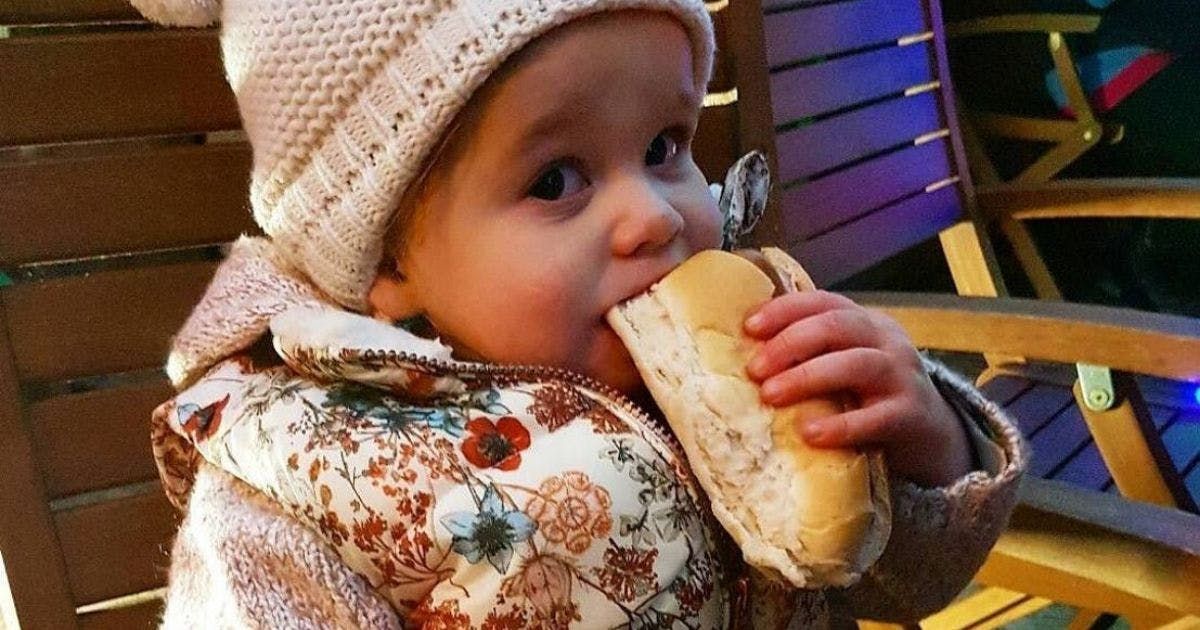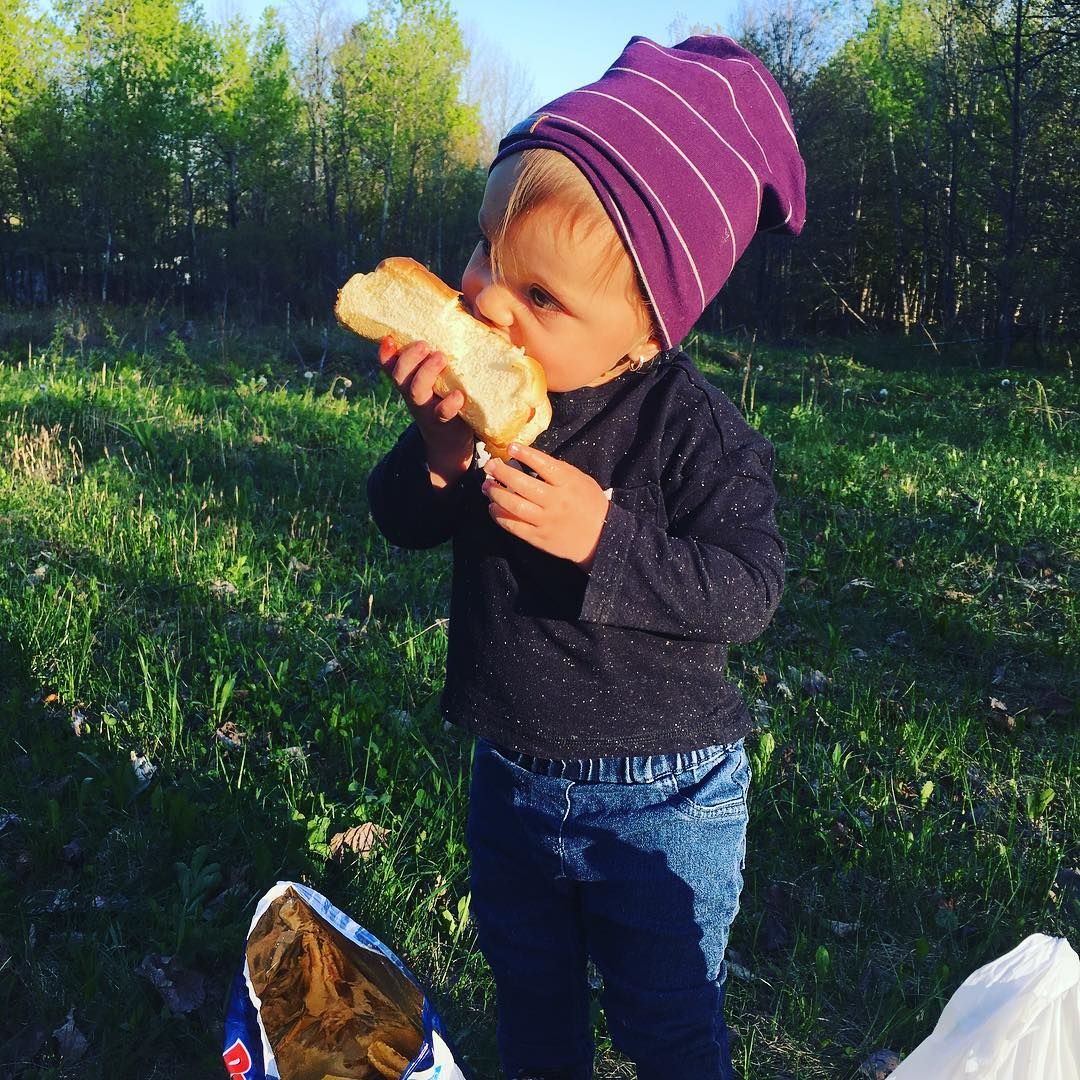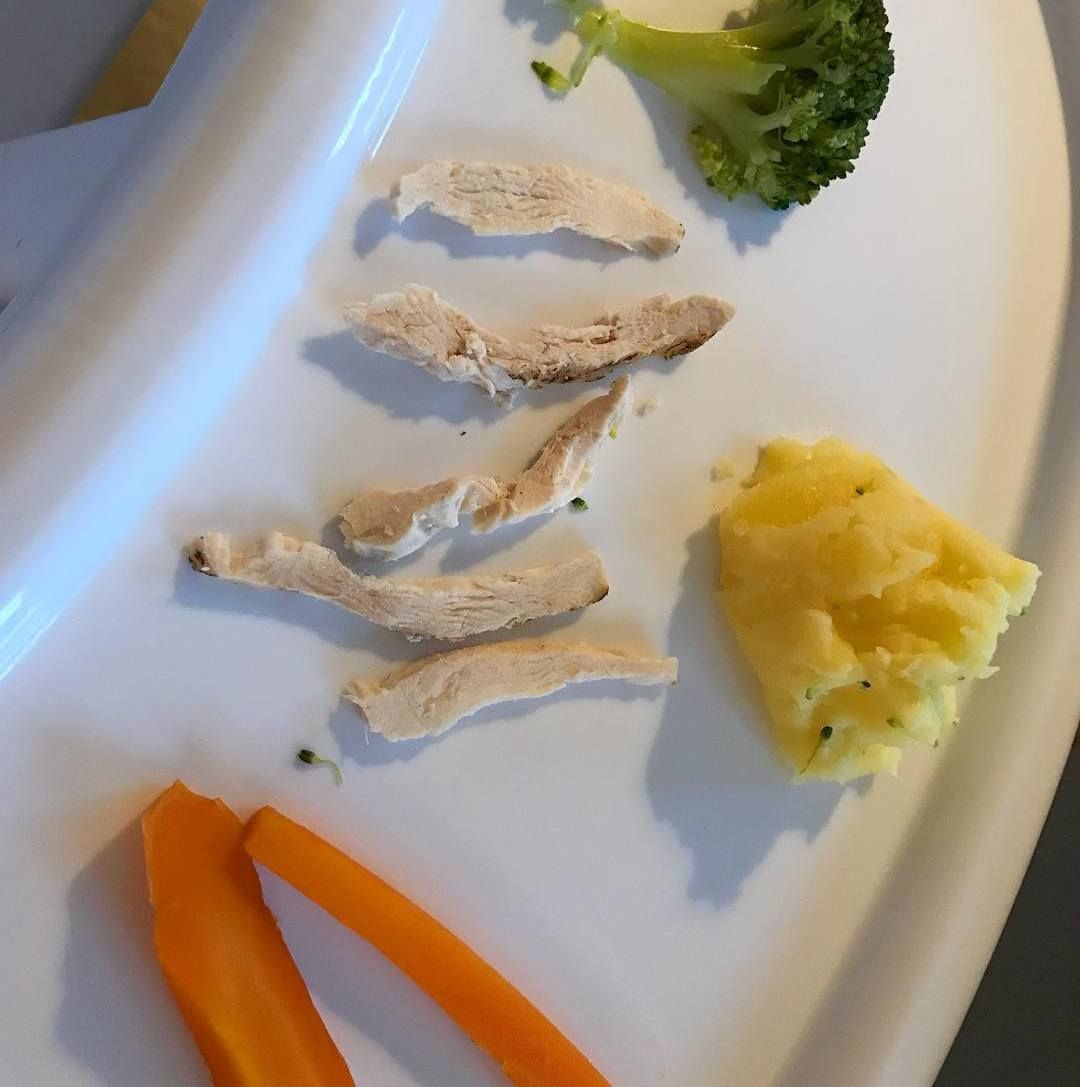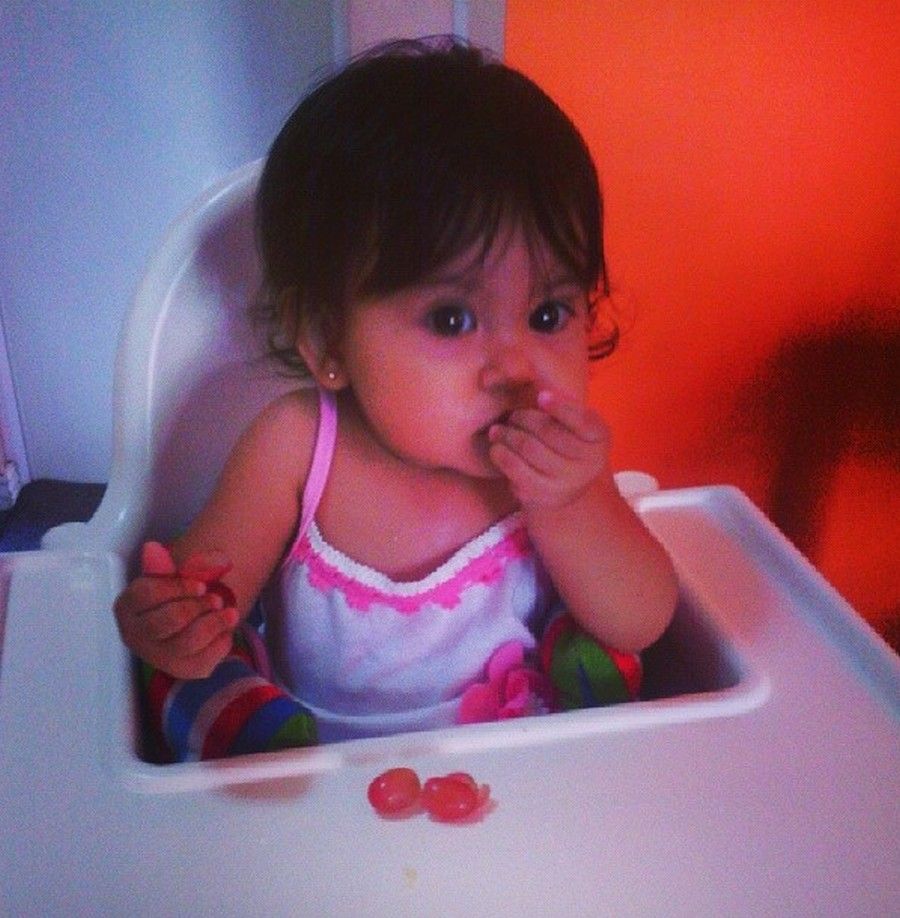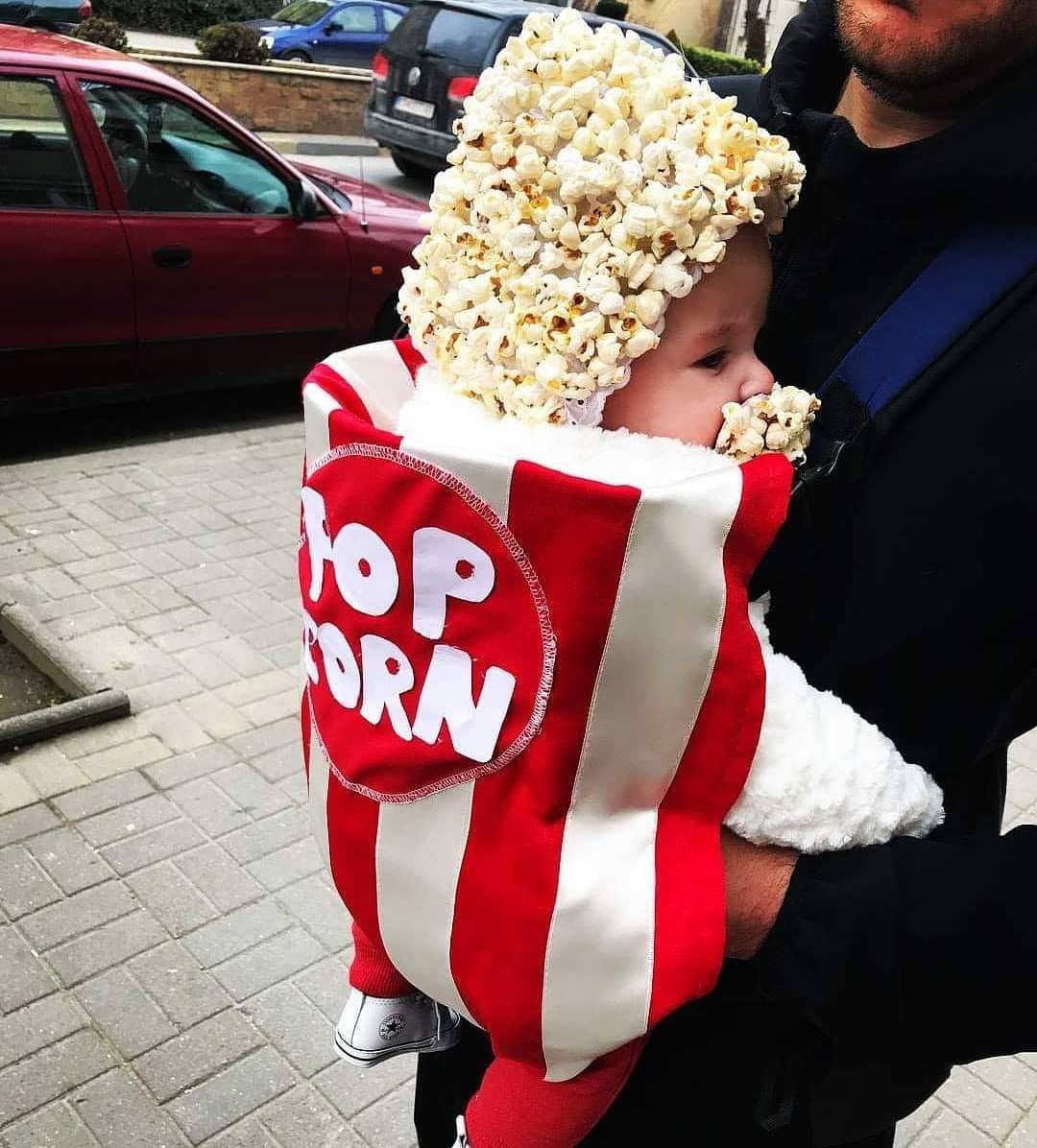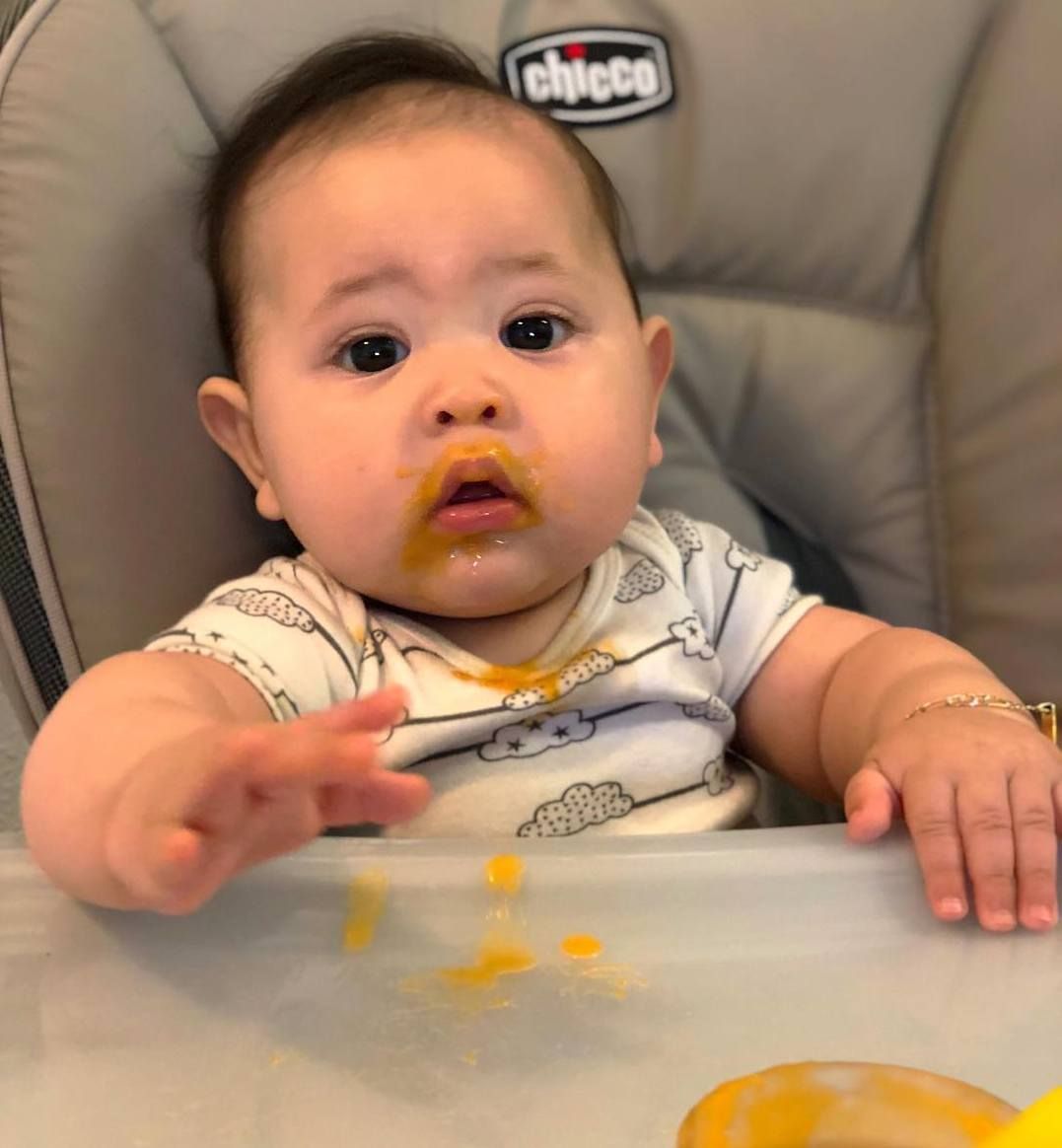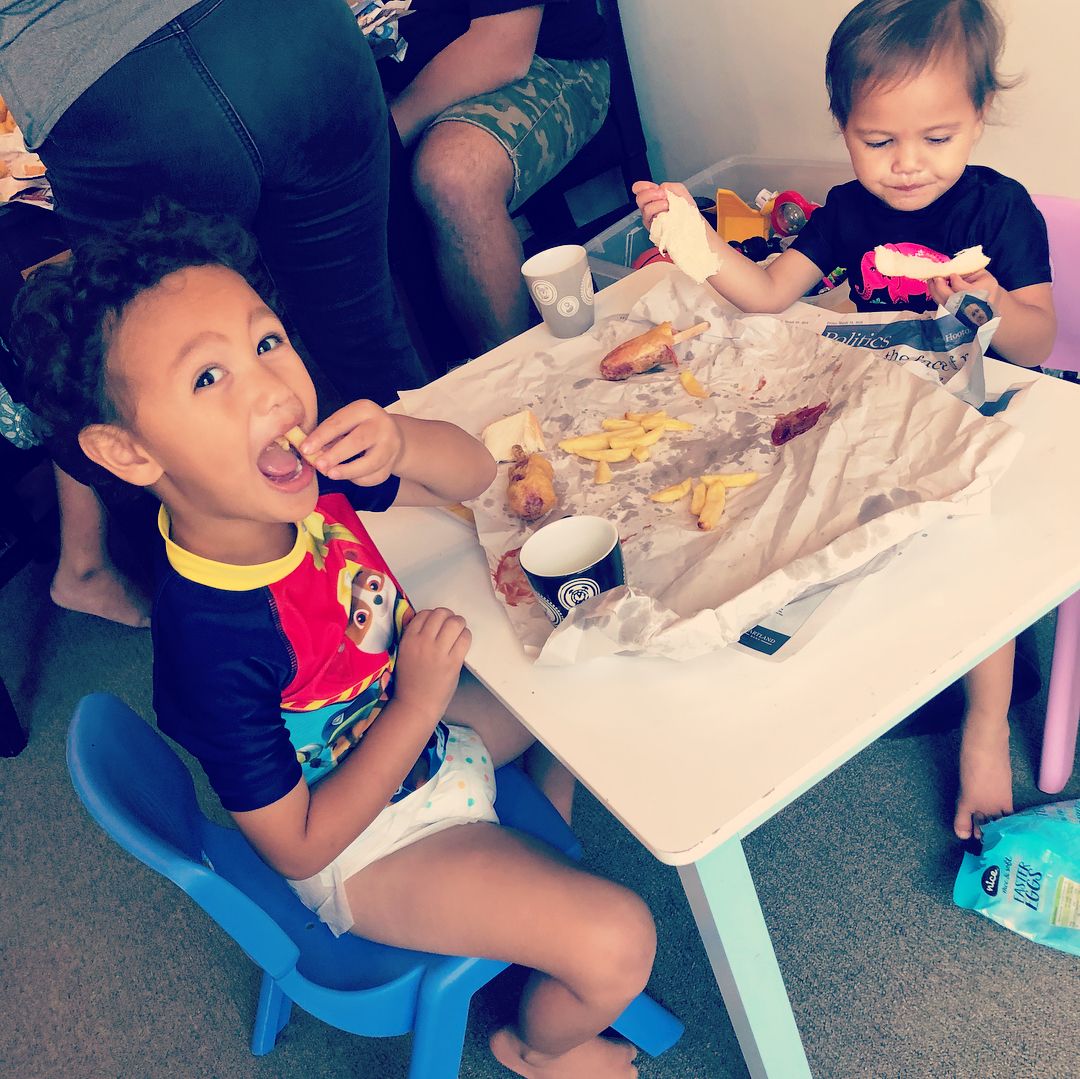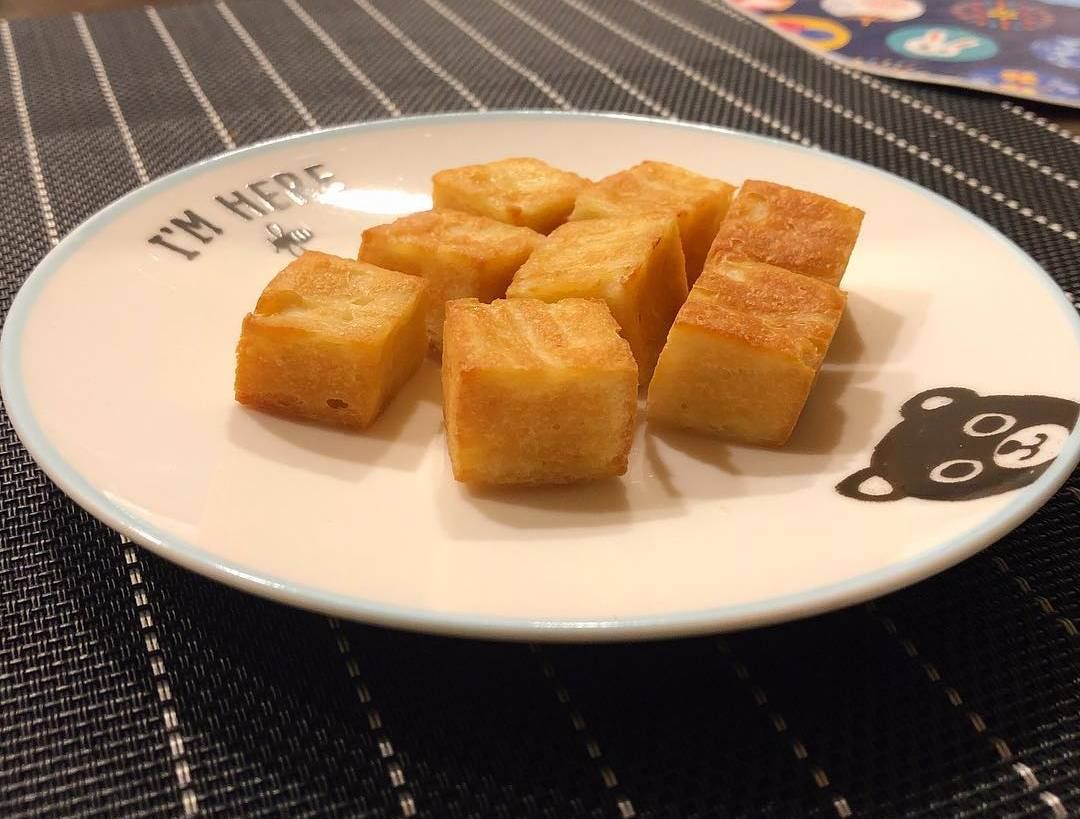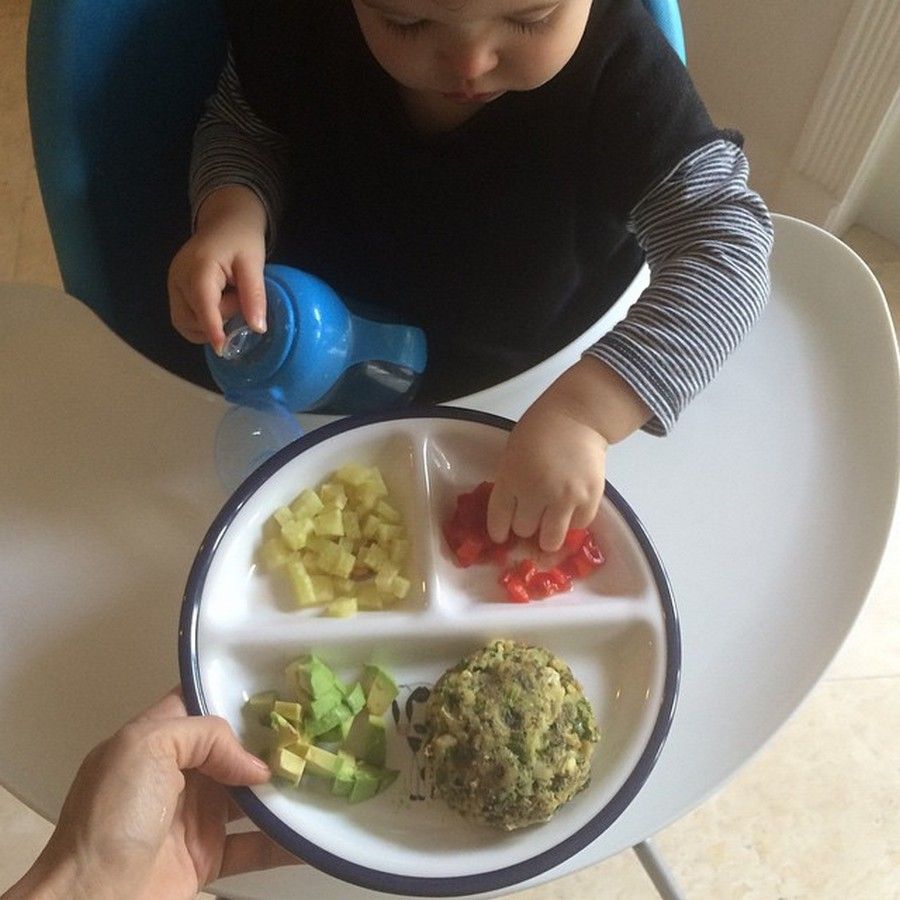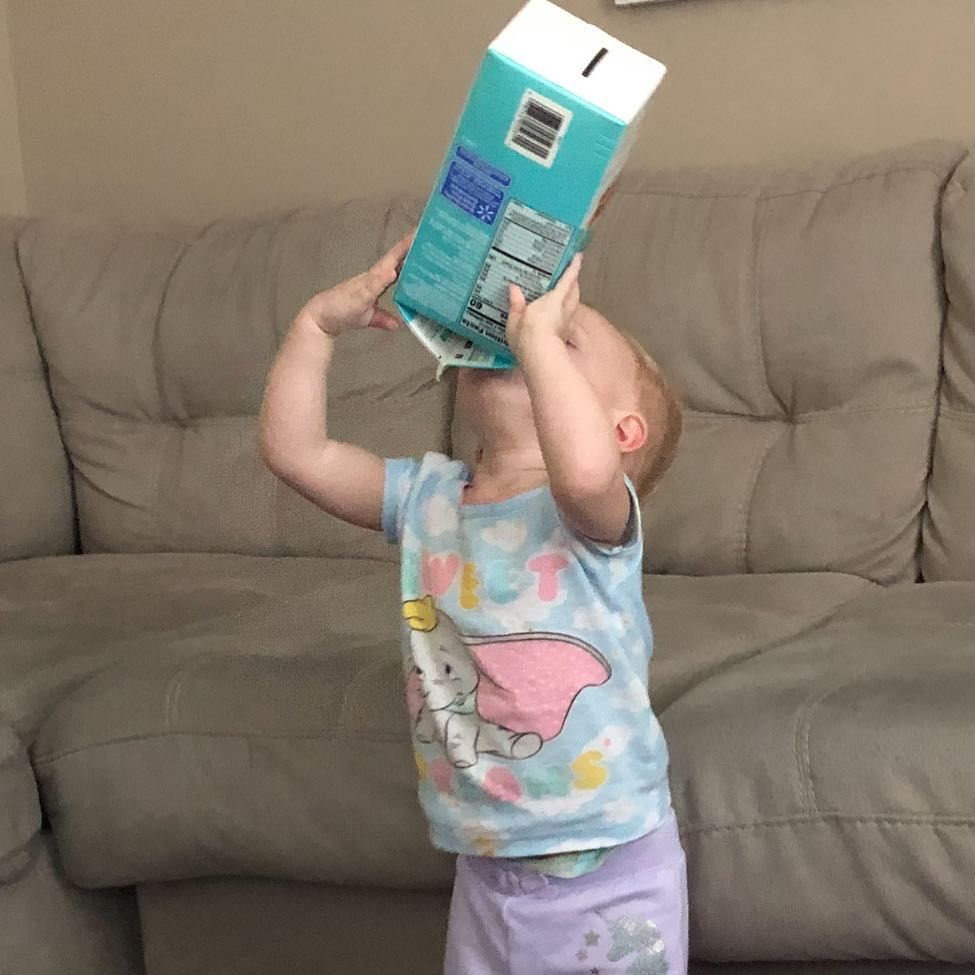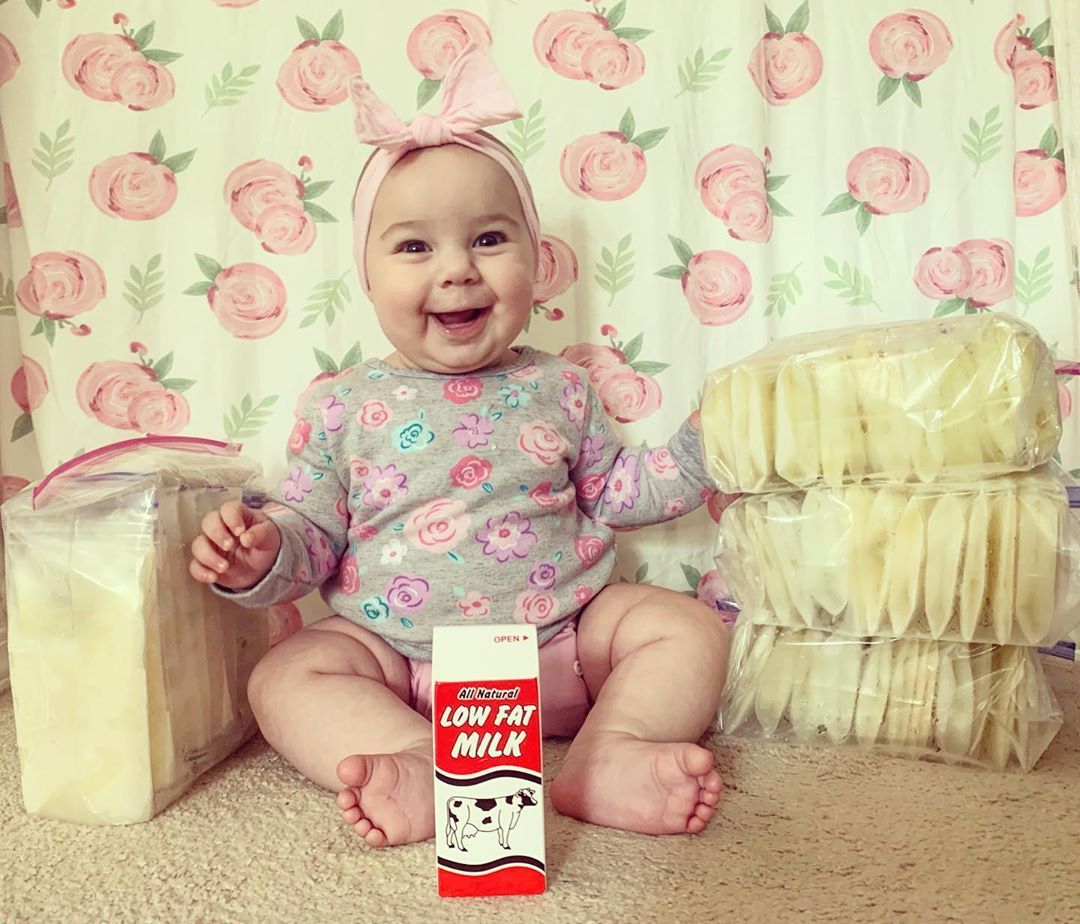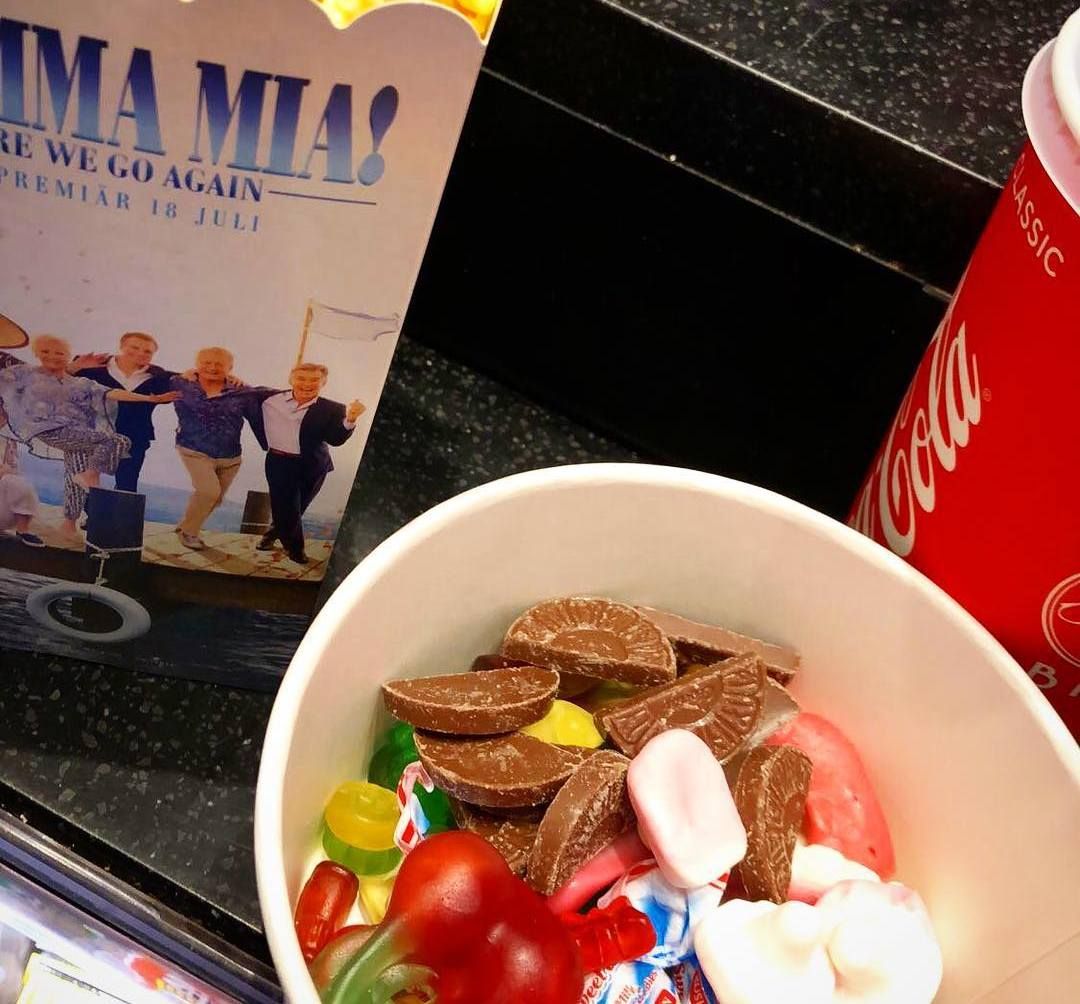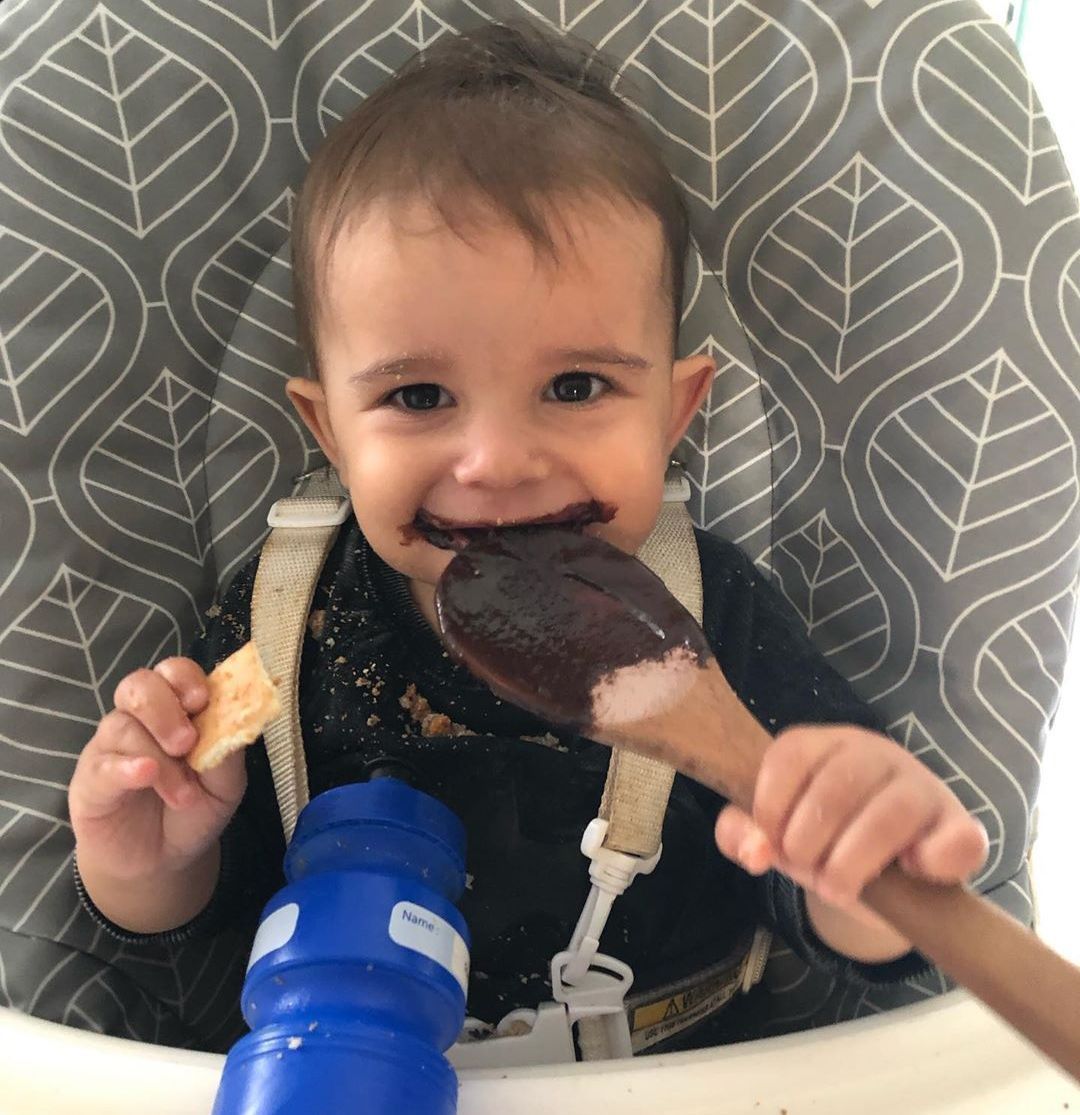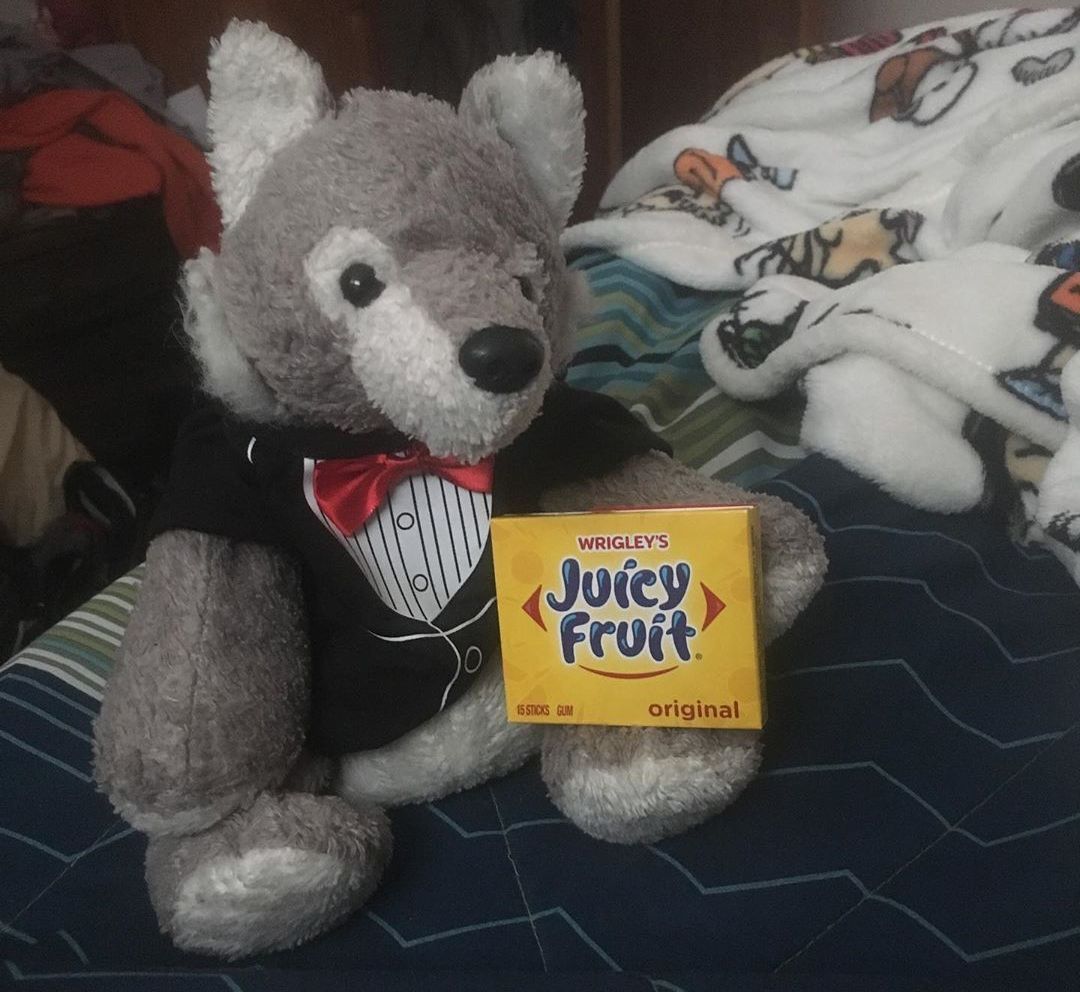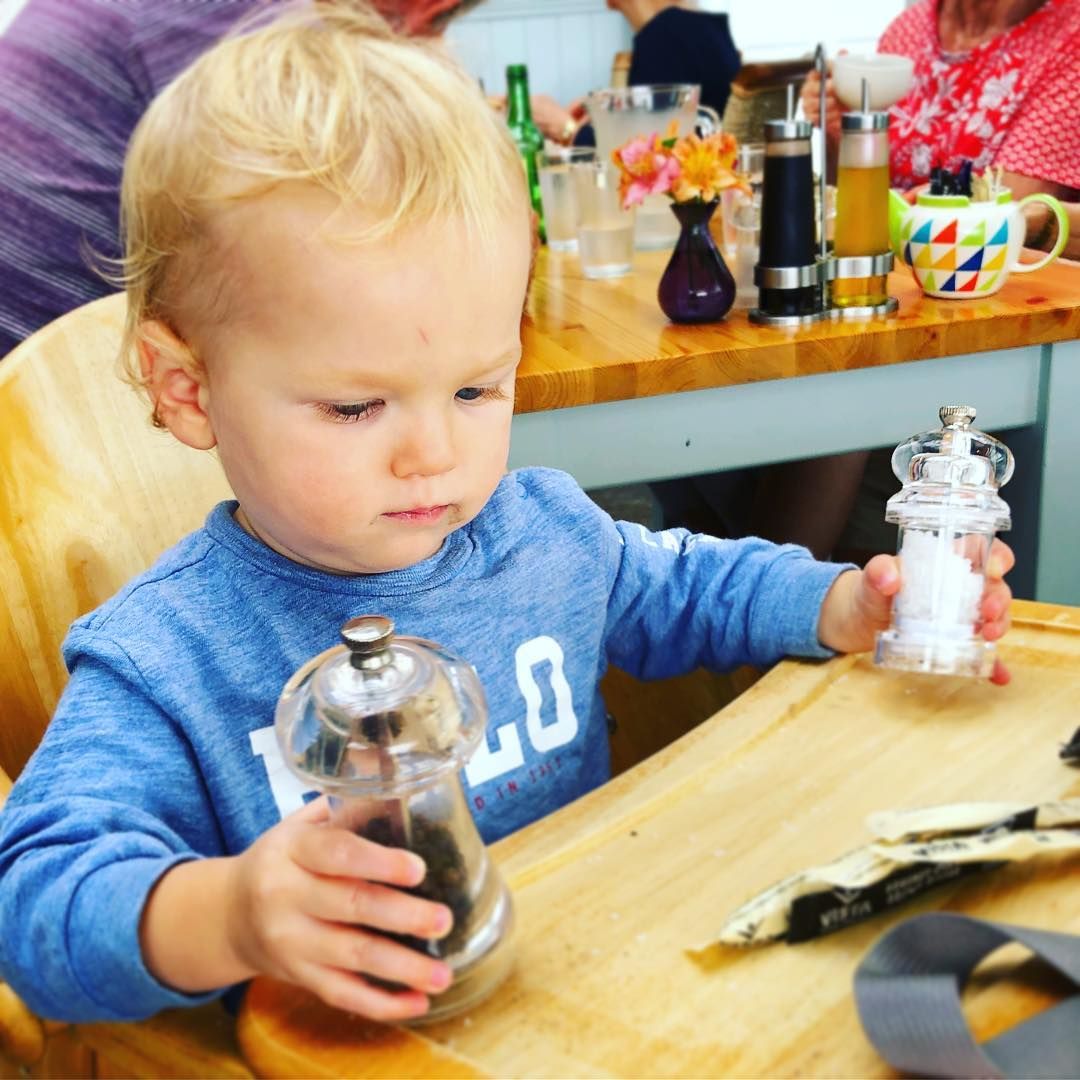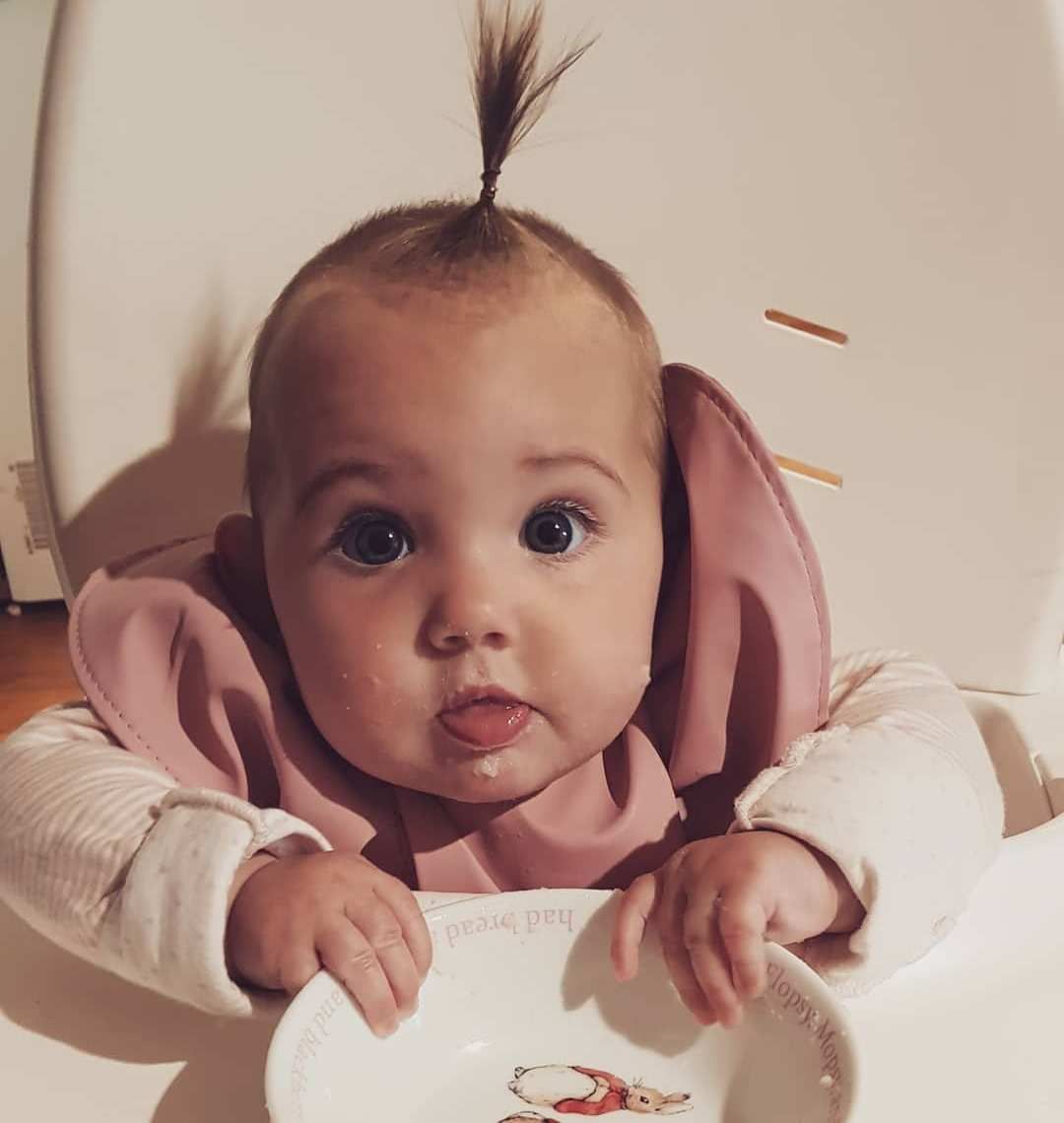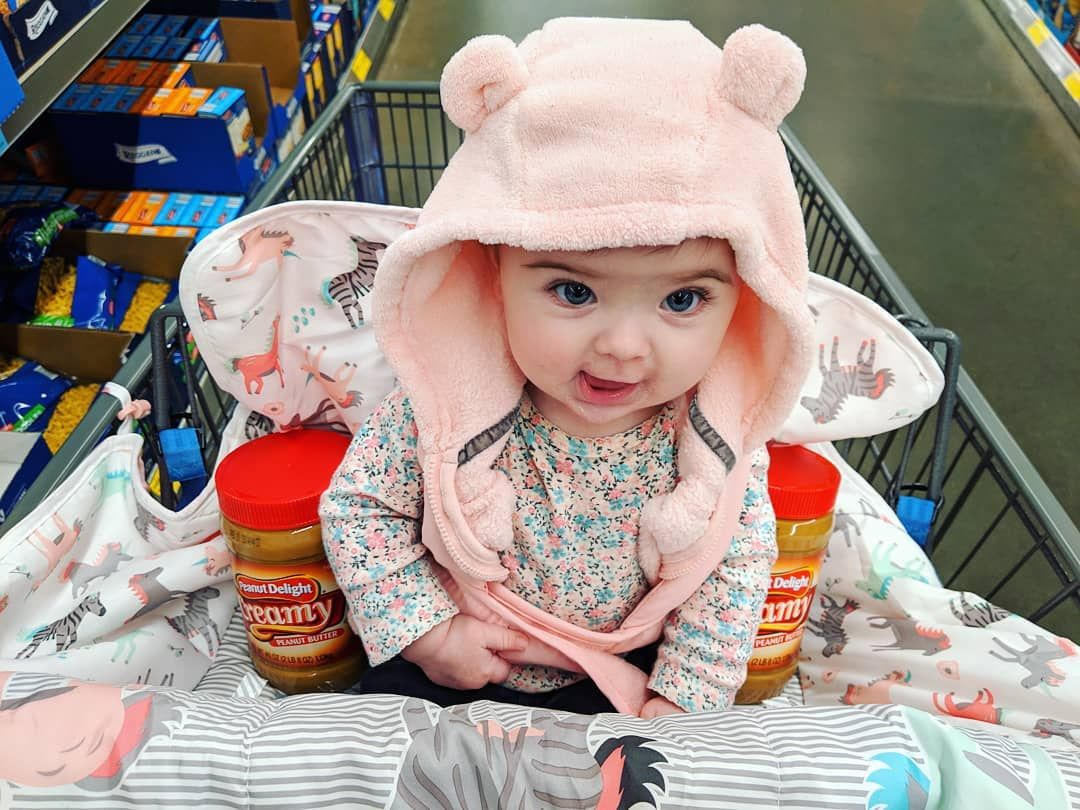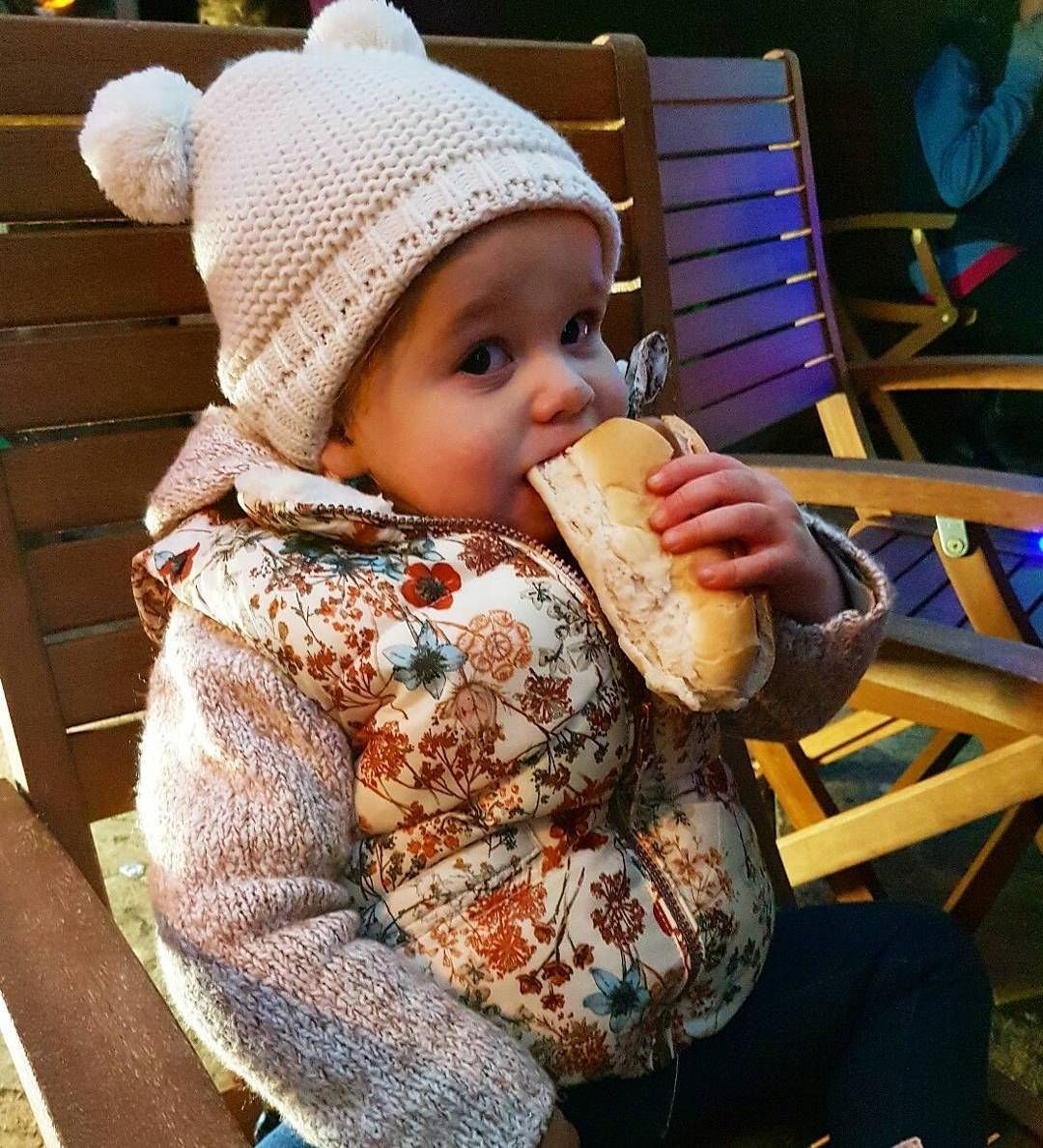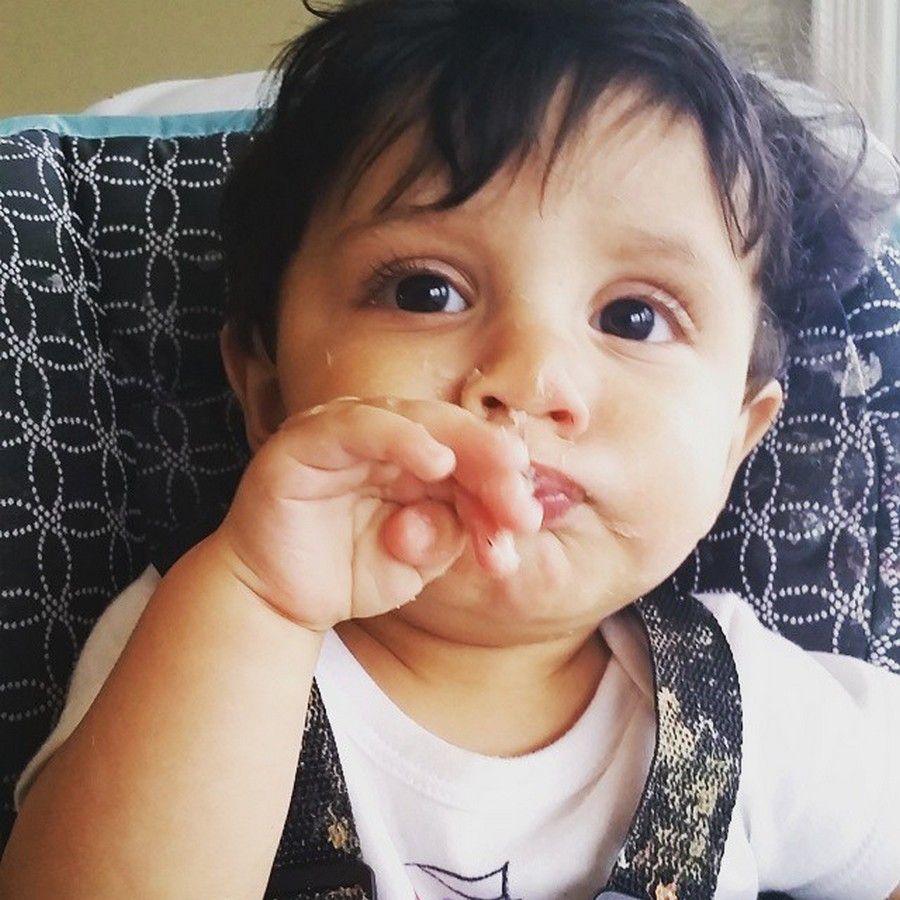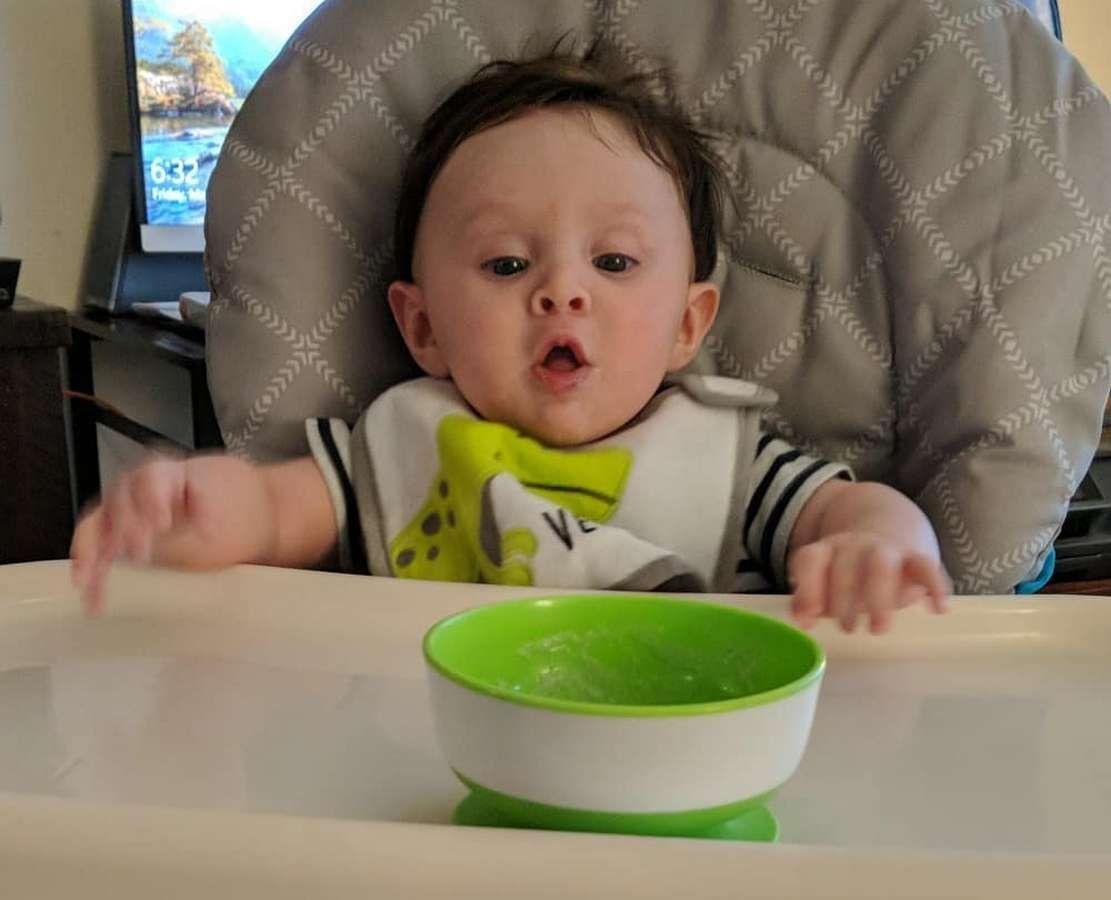For any parent of an infant, the transition to solid foods is an exciting time. It's time when they can finally start eating together with their child, sitting at the same table with them. It's the time when they can check out the tastes of their baby. But it's also the time when parents have to think a lot about what they are going to offer to their baby because so many foods are not age-appropriate. Some of them can cause issues since an infant still can't chew their food properly and can't grind foods either. Other kinds of food that are common for us to eat are potential allergens for children. And there are also products that contain unsafe elements, such as sugar, salt, and trans fats.
In the meantime, the nutritional needs of infants are extremely high, as they require so much for healthy growth. And since their tummies are incredibly small, every bite they take counts for their development. It means that we, parents, need to think very carefully about what foods to offer to our kids and what to avoid when introducing solids.
In this list, rather than advising the readers what to feed their babies, we're going to focus on the products that, according to pediatricians, we should avoid giving to children younger than 12 months because they are hazardous for them.
20 Hot Dogs: Hold Off
Surprisingly, hot dogs are the number one problem food you can find in the lists of Emergency Departments. According to Unity Point, it's "due to the tube shape and compressibility" of this all-favorite U.S. fast food. Besides, a hot dog is also too big for a baby's mouth, which increases the risk.
Another reason why you shouldn't give hot dogs to a toddler is the nutritional value of this kind of food (or lack thereof). Giving so many empty calories and trans fats to a young child isn't a good idea even if you cut a hot dog into small pieces, thus avoiding the hazard.
19 Large Chunks Of Any Kinds Of Food
Large chunks of any kind of food, especially of meat and cheese, are another hazard for the toddler. Pediatrician Catie Sandberg from UnityPoint Health, also advises parents to avoid cutting foods into strips because in this case, the child can bite off a too large piece for them to handle. Sometimes, the baby can fail to chew this piece well enough and then attempt to swallow it. You don't want this problem to happen to your little one.
So always make sure to cut everything into small, manageable, bite-size pieces for your baby. The piece should be small enough so your toddler can just put it into their mouth and chew it without any problems.
18 Whoa There, Whole Grapes And Berries
Grapes are a hazardous food for toddlers because their skin is difficult to break down completely and also because they're very firm. It might happen that the baby won't be able to bite through it and try to swallow it whole. Needless to say, it can be very dangerous to do it.
But since grapes and berries are a good snack for kids, you should still give them to your toddler, but for this, you need to know how to prepare them properly. For example, you should cut grapes lengthwise and then cut them into four pieces. Besides, it's best if you give them skinless, thus bringing the hazard to nothing.
17 Don't Even Pretend Popcorn's Safe
Popcorn is another food that your baby just won't be able to chew well enough, although many people think that it's a crunchy and relatively healthy snack. The thing is, even if the outer bits of a popcorn piece can be bitten off and chewed easily, there's always a hazard with the center of the piece that usually remains firm and doesn't dissolve.
If you're wondering when you can start giving popcorn to your child, keep in mind that specialists advise waiting until they are at least 4 years old. And for sure, you have to avoid giving it to your baby when they're younger than 12 months. It's especially hazardous at this age.
16 Honey And All Products Containing It
Although honey is sweet, tasty and all-natural (and we always prefer it, if we want to reduce our sugar consumption), it's not as good for kids as it is for us. In fact, it's even hazardous for babies, especially for those under 12 months of age, because it can cause a condition known as botulism in them. According to an article on Babble, it may lead to such issues as constipation, floppy movements, and weak cries.
Not only honey itself but also products containing it can be hazardous, so read the labels of cereals, Graham crackers, and some other products.
If you want something to use as a sweetener in your baby's meals, try pureed fruits.
15 Fried Foods Are Not For Them
Of course, you might think that no one in their right mind will ever want to give fried foods to their baby, but, in fact, there're a lot of people living on this planet who're not in their right mind. So there are also those, who will think about giving French fries to their one-year-old.
We're here to tell you why exactly you should never give fried foods when introducing solids. The thing is, a baby's digestive system can't handle grease and lard, so you can expect any issues, from gas to watery stools. Don't you want it? Then don't give them anything fried and, basically, any greasy foods containing trans fats.
14 Certain Kinds Of Fish
Fish is a good source of protein and other nutrients so you can give it to your child on occasion. But mind what kind of fish you're giving to them because some can pose a hazard to their health.
Most of all, you should avoid the fish high in mercury. According to What to Expect, it's such kinds as swordfish, king mackerel, tilefish, and fresh tuna. Besides, you also want to stay away from the kinds of fish that lived in contaminated waters (keep it in mind, if someone in your family is fishing).
It's also a good idea to avoid seafood, especially shellfish, such as lobsters and shrimps, because they can cause allergies.
13 Raw Veggies Run Risks
Other than being a hazard, just like the large chunks of meat we discussed earlier, raw veggies can pose another kind of danger to your child. These days, many kinds of common vegetables, such as beets, spinach, fennel, collard greens, and lettuce, contain high levels of nitrates. They're usually fine for adults, but a baby's digestive system can't handle them because their stomach acid isn't able to break down these nitrates just yet.
But you obviously want your child to have vegetables on their menu because they are healthy foods (and you want your child to be healthy). So stick to cooked squashes, sweet potatoes, peas, and other soft, high-vitamin, low-nitrate veggies.
12 Raw Milk Is Risky, Too
If you want to give your baby milk, it should be your breastmilk, because it contains all the nutrients your little one needs. If you don't want to breastfeed, the best option is the baby formula. But never substitute breastmilk with cow's milk for a baby younger than 12 months, since it doesn't have such important elements as iron, vitamin E, and fatty acids.
Besides, according to the CDC, it's also not recommended to give raw, unpasteurized milk to young kids. It can cause a number of digestive issues because a baby's immune system isn't fully developed and can't handle certain infections.
So only when your baby turns one year old, you can gradually begin introducing cow's milk ensuring that it's pasteurized.
11 Low Fat Or Skim Milk Isn't For Babies
Some parents worry that their kids will gain their body mass too quickly, so when they introduce cow's milk, they opt for the skim or low-fat option. However, if up until now your baby's weight has been healthy for their age and body length, there's nothing you should worry about.
Start with whole milk when your child turns one year old because, in fact, your baby needs to have fats on their menu. According to an article on Bundoo, they are necessary "for brain growth and development, especially in the first two years of life." If your baby is heavier than they should be at this age, choose reduced-fat (2 percent) milk, still skipping skim and low-fat milk altogether.
10 Sugary Foods Aren't Either
All babies like sweet foods. And if you give sugar to your little one, you risk emphasizing and strengthening this taste preference, which isn't good for them because it can make them refuse from more nutritional meals in the future (aka, make them a picky eater).
So it's best to avoid giving sugary foods, including cakes, pies, cookies, and candy, to your child before they turn two years old. In fact, these foods are not even a nutrition necessity for your baby. When your little one wants something sweet, give them pureed fruit, for example, that will satisfy their sweet tooth and also give them the necessary elements.
9 Hard Candies Just Aren't Smart
Speaking of candies, we should mention that hard candies are a no-no not only because they contain a lot of sugar, but also because they are something your baby can have trouble with. Some of these candies are as small as your child's airway, and they can easily get there. They can also be hard to dislodge, so it's best to avoid them altogether. It also concerns soft, but thick candies, such as peanut butter cups.
Another reason why candies aren't a good starter food is their effect on your little one's teeth and enamel. Is it really necessary to explain why it's so bad?
8 Chocolate Must Wait
Is chocolate your favorite kind of food and you can't wait to give it to your child to see how much they're going to like it? Of course, they're going to like it very much, because it's so sweet and tasty, but still, wait for a little bit more and don't give it to your little one just yet.
The thing is, even if chocolate is soothing for you, for your baby it'll have an opposite effect. Remember that this delicious food contains caffeine and you don't actually want it near your little one if you hope that they will sleep through the night.
And we don't have to remind you of the sugar content, do we?
7 Chewing Gum — Really?
You and your family members might like to chew gum after eating, but for a one-year-old, it's not a good idea to do it. As per Babble, chewing gum "requires back teeth for chewing and coordination to keep from accidentally swallowing" it.
In other words, it's quite an advanced food that needs one to know how to carefully chew something. For your baby, who has just started eating solids, it's too hard to understand how to do it. They can accidentally swallow the gum and, since it can mold and block their airway, it potentially poses a serious hazard.
So if your baby sees that you chew something after eating and wants to do it, too, think of some other thing you can give that they can safely chew.
6 Salty Foods Make For Questionable Fare
Salt isn't an essential element for your baby's growth and development. Besides, the kidneys of a one-year-old baby aren't developed enough to handle large amounts of sodium. As little as 1 gram of salt per day is enough for your child and your breastmilk or formula already contains what they need, so you don't even have to add any to your baby's food.
So if you cook one meal for the whole family, first don't add any seasoning to it. When the meal's ready, put what your baby needs in their bowl and only then add salt and other spices to the rest.
Also, remember to read the labels of products you buy to ensure that they don't have salt either.
5 Nuts And Seeds
Nuts and seeds are very healthy for us, adults, but for babies, they do more harm than good. At 12 months of age, the child is still unable to grind food with their teeth. They can only carefully chew something that's very soft. For this reason, the unchewed pieces of nuts and seeds (or, sometimes, even whole ones) can get into their airways and cause problems.
Another reason why nuts and seeds aren't good food for babies is the fact that they are highly allergenic. So if you want your baby to receive enough proteins, offer them cubes of tofu or a cooked egg yolk instead.
4 Peanut Butter Presents Problems
What child doesn't like PB&J toasts? But even if you adored it as a kid, you still shouldn't give it to your one-year-old for a few reasons.
Firstly, peanut butter is a potential allergen. Although, you can rule out this one if you have your little one undergo an allergy test and carefully watch for signs of allergies to anything else, it still is potentially dangerous.
Secondly, and more importantly, peanut butter can present a hazard to your baby, because it's very thick and sticky. So you can start giving PB&J toasts to your child only in their second year. And even then, make sure to spread a thin layer and stir it with applesauce to make it less sticky.
3 Wheat And Other Common Allergens
Be very careful about giving wheat to your child, if your family has a history of allergy to gluten or a history of celiac disease, aka gluten intolerance. And even if none of your family members ever had either of these, pediatricians still recommend parents to wait till their baby turns one year old before giving them wheat for the first time.
It means that you shouldn't offer them any wheat products, including conventional bread and pasta, as well as crackers and some baby cereals. While looking for gluten-free options in the supermarket, read the labels to ensure that they don't contain other harmful ingredients, such as salt or sugar.
2 Egg Whites
It's okay to offer egg whites to a child in moderation because they contain a lot of proteins and vitamins, but it's certainly a bad idea to give them often. If your baby eats a lot of egg whites at an early age, it can lead to the development of egg allergy and cause a hazard to your kid's health.
Another negative consequence of frequent consumption of egg whites is such issues as watery stools, rash, and skin irritation.
So, according to pediatricians, it's best to avoid giving egg whites to babies younger than 12 months and give them in moderation afterward. Meanwhile, yolks are usually safe at any age.
1 Infant Rice Cereal
Even though it's called "infant" rice cereal, it doesn't mean that it's safe for infants. We live in a strange age, where even such things should be checked if you want to ensure that your baby only eats safe foods.
What's bad about infant rice cereal is the fact that it contains arsenic, a heavy metal that is toxic even when given in small doses. And if a mom feeds it to her baby on a regular basis, it can accumulate in their system and cause bigger problems a parent certainly doesn't want for their child.
Besides, infant rice cereal doesn't have any nutritional value because it's processed. So instead of it, opt for whole foods that contain what your baby actually needs for their healthy growth.
Sources: Strong 4 Life, Unity Point, Babble, What to Expect, First Cry Parenting, For Modern Kids, Bundoo, Wide Open Eats.

